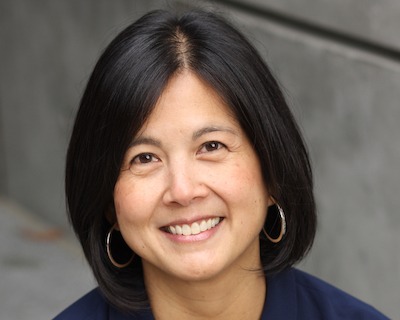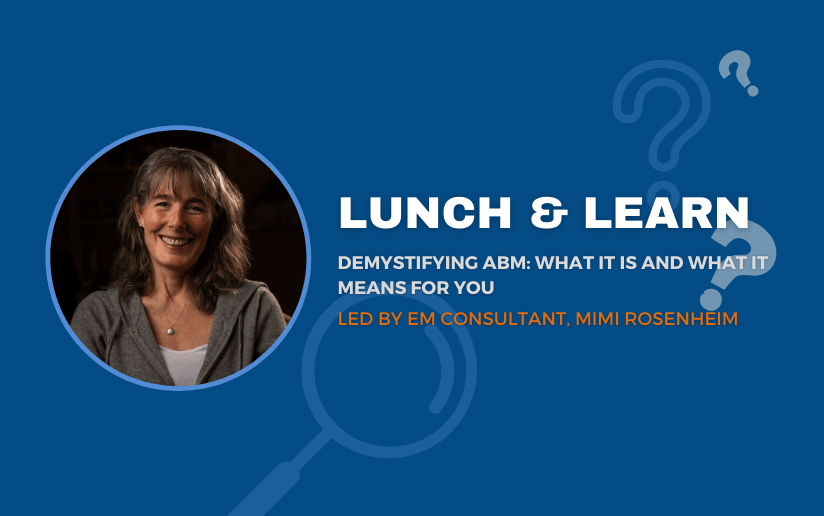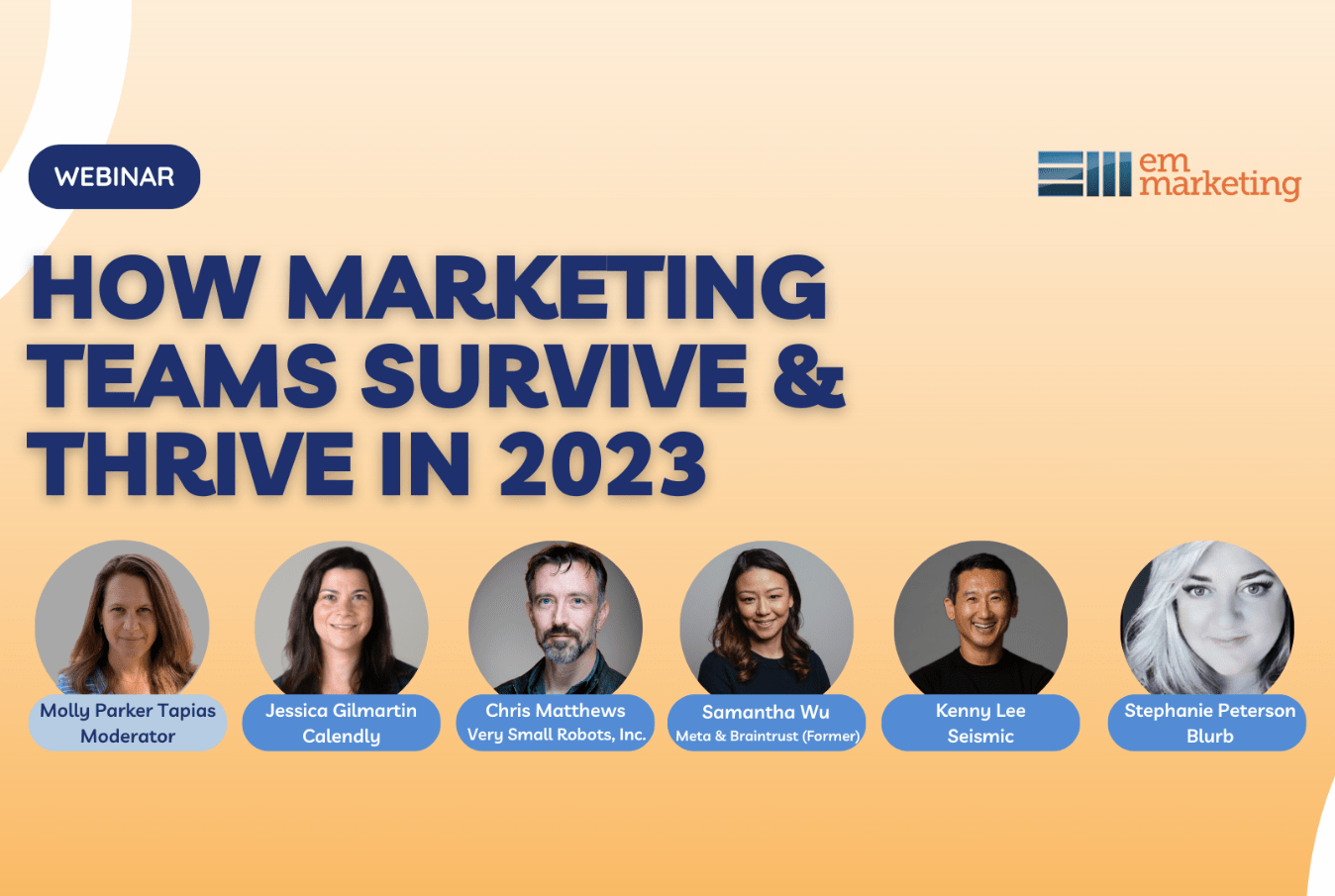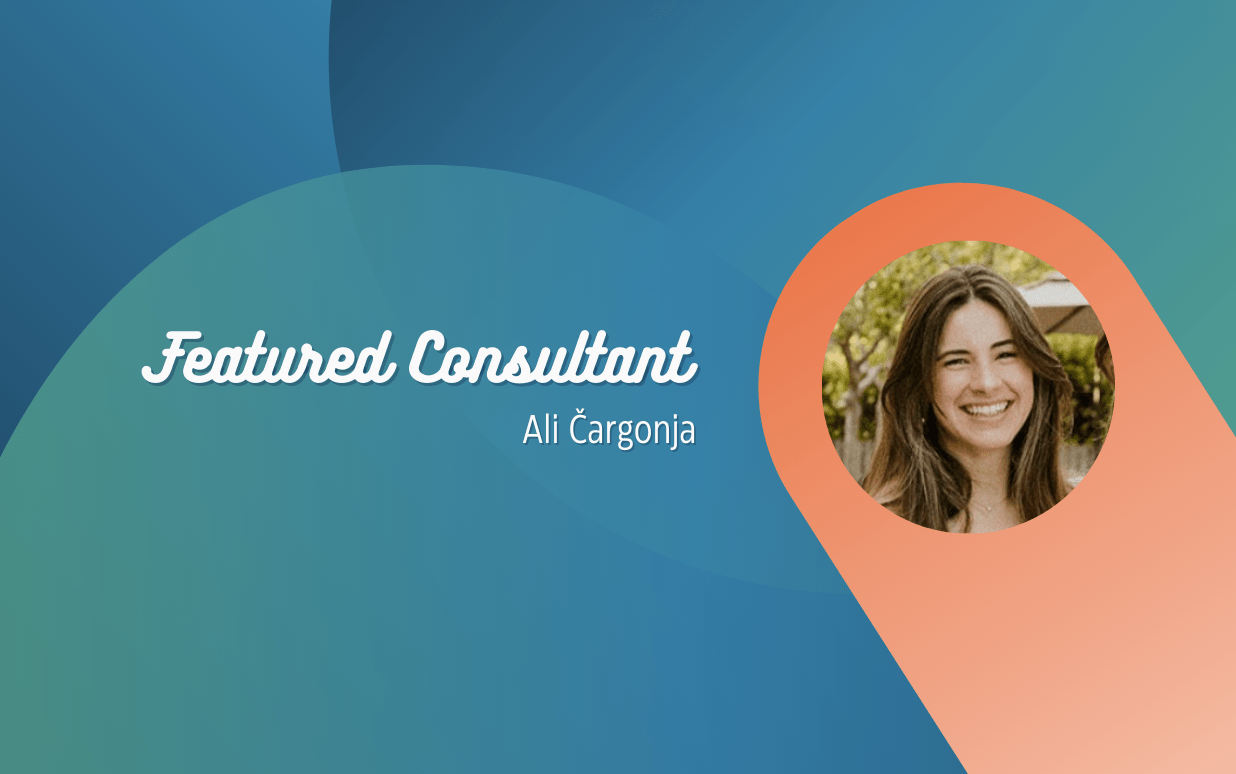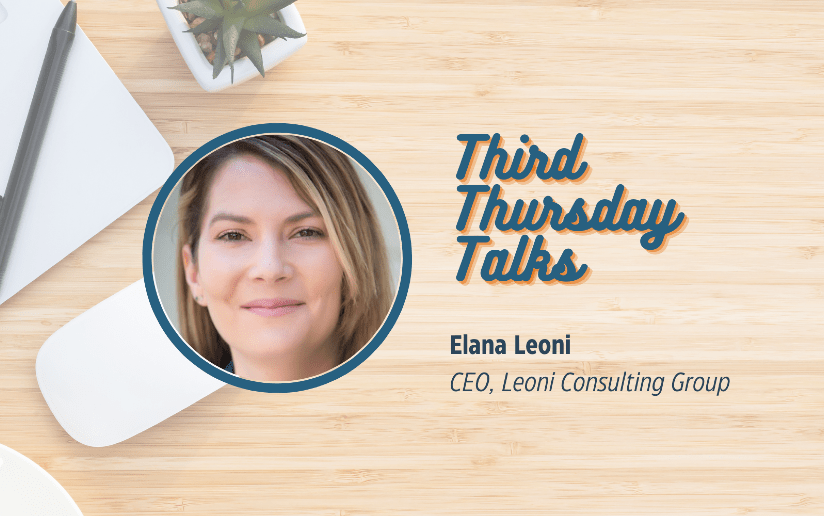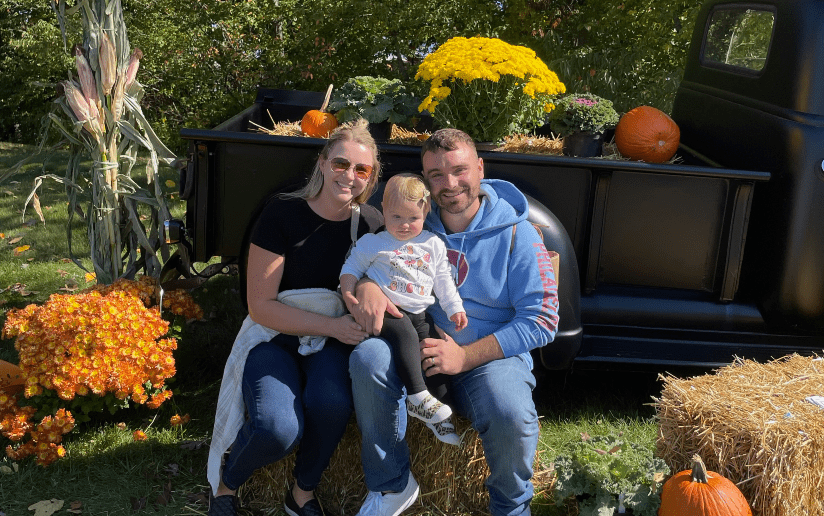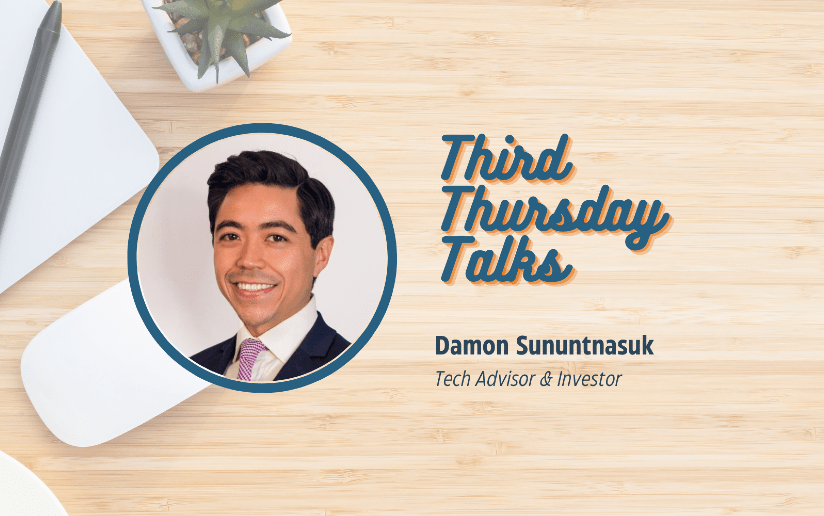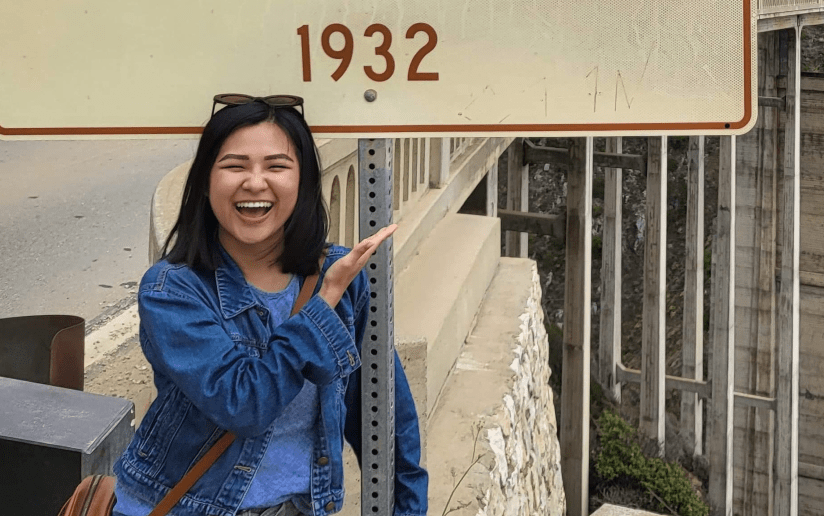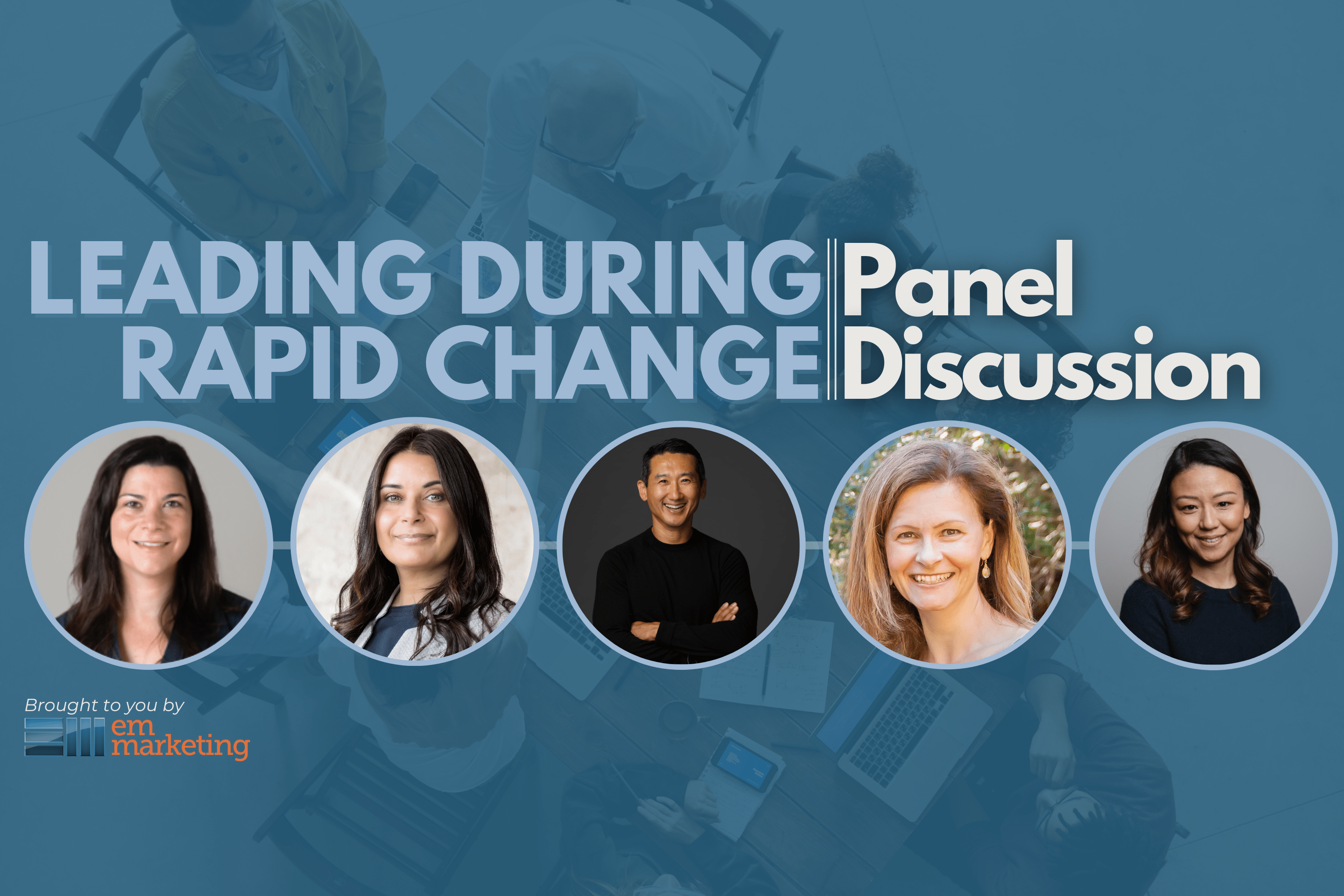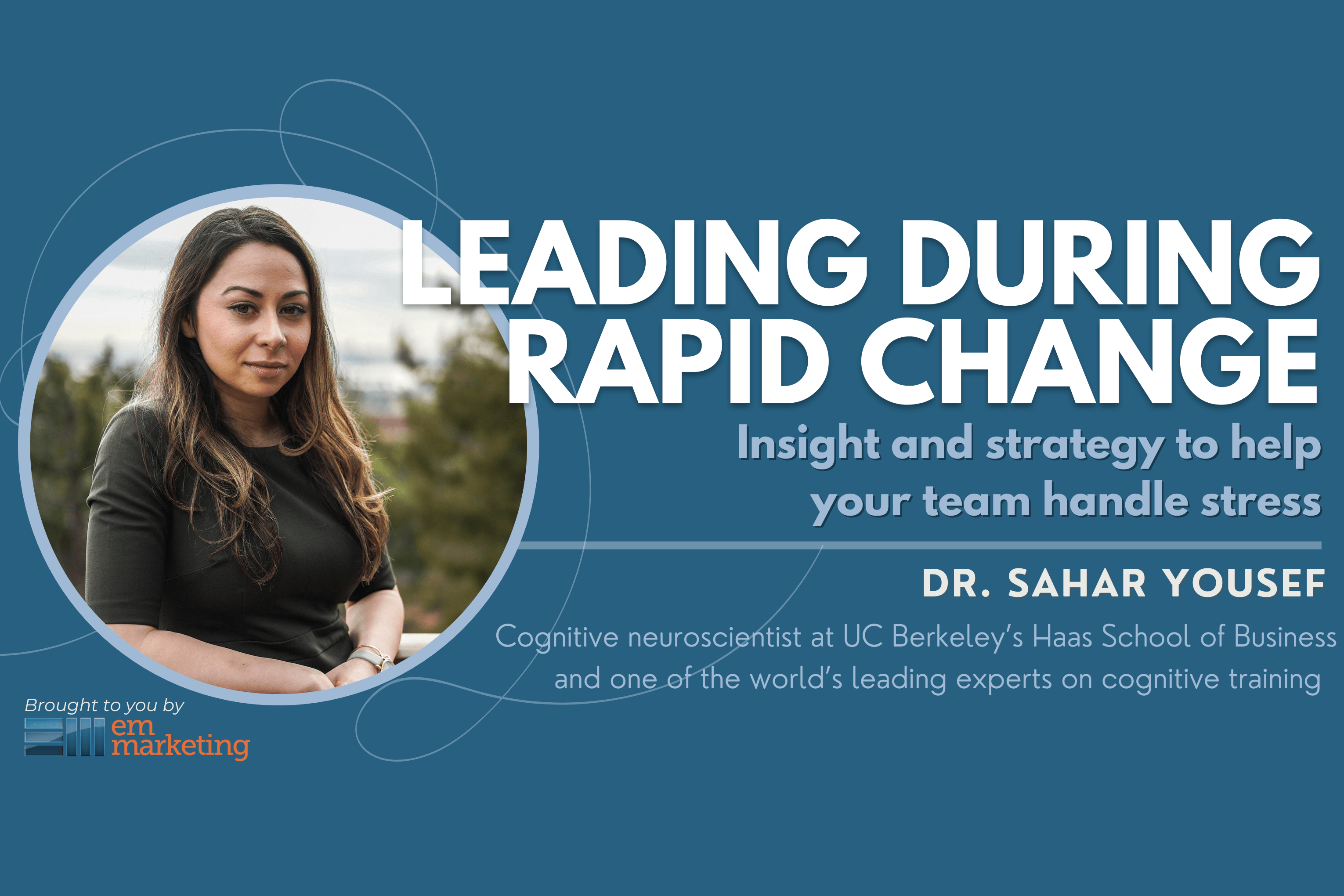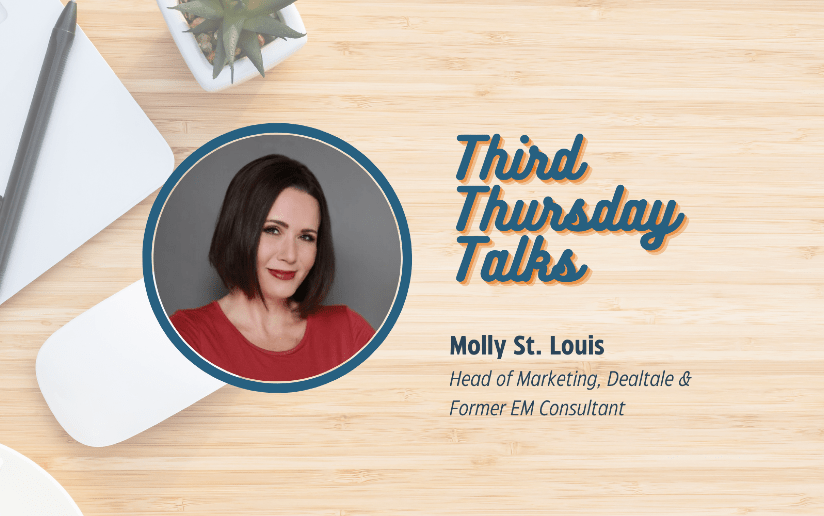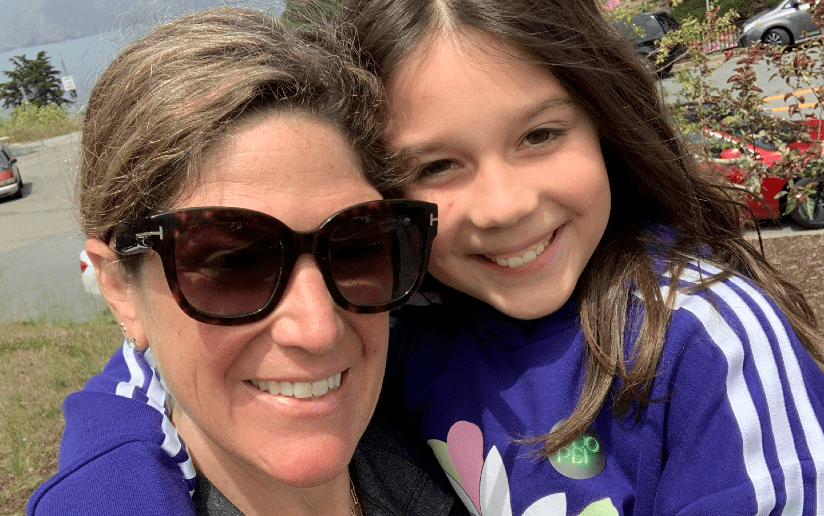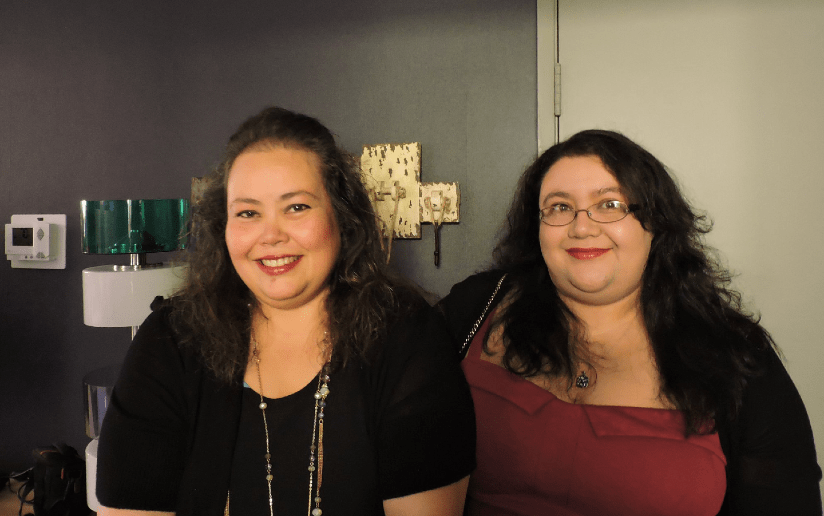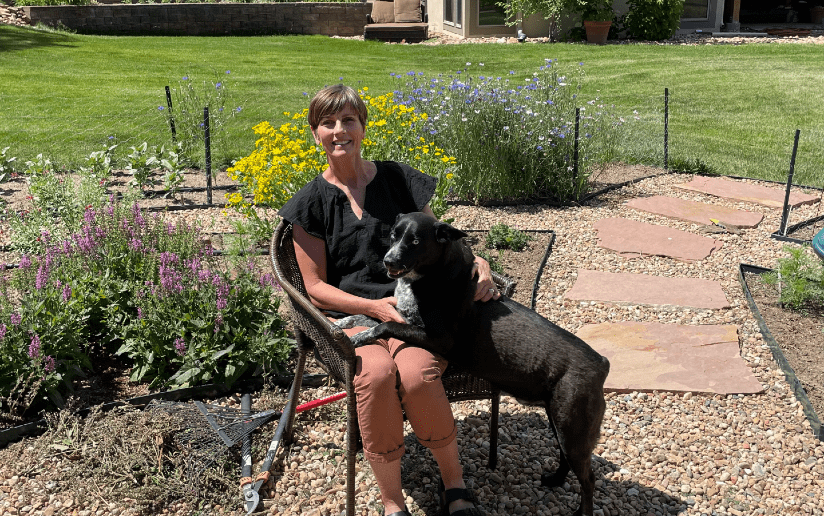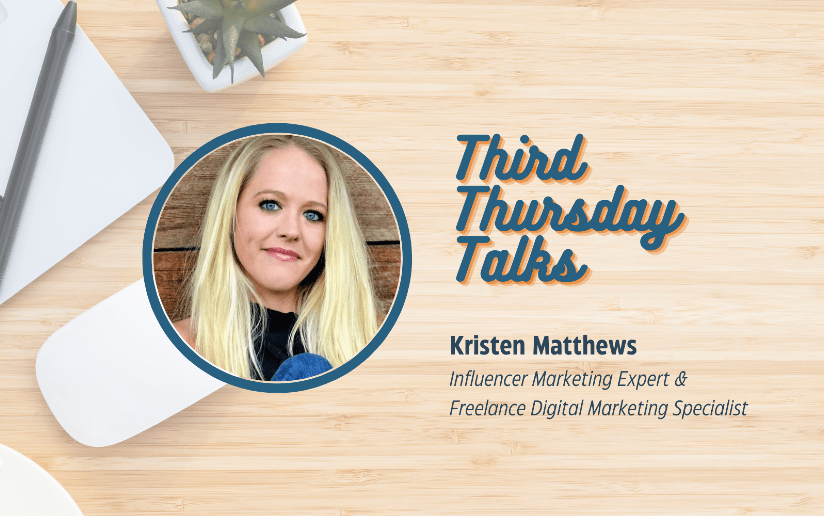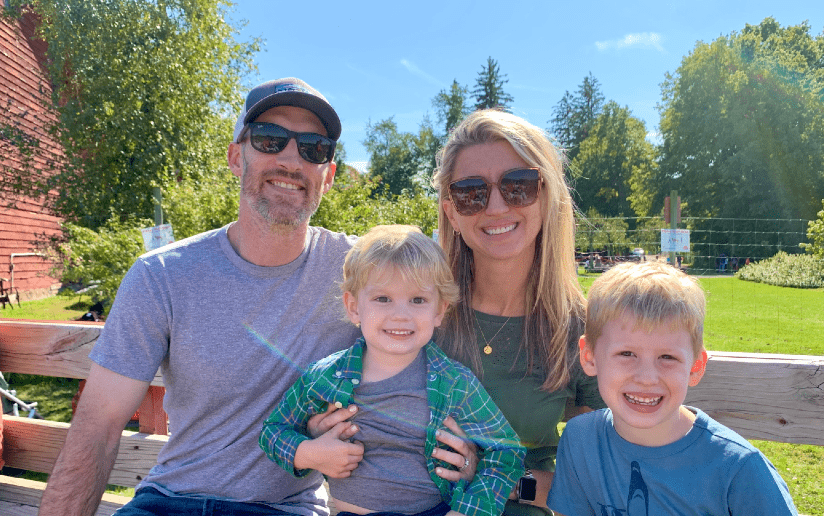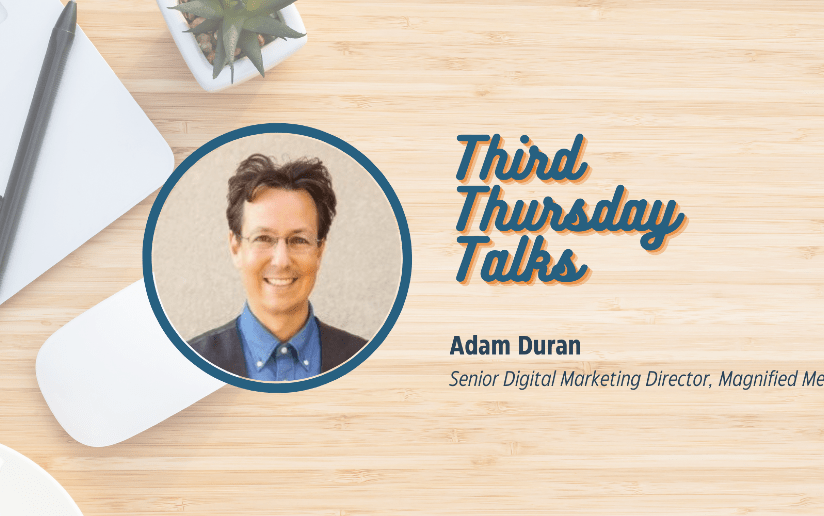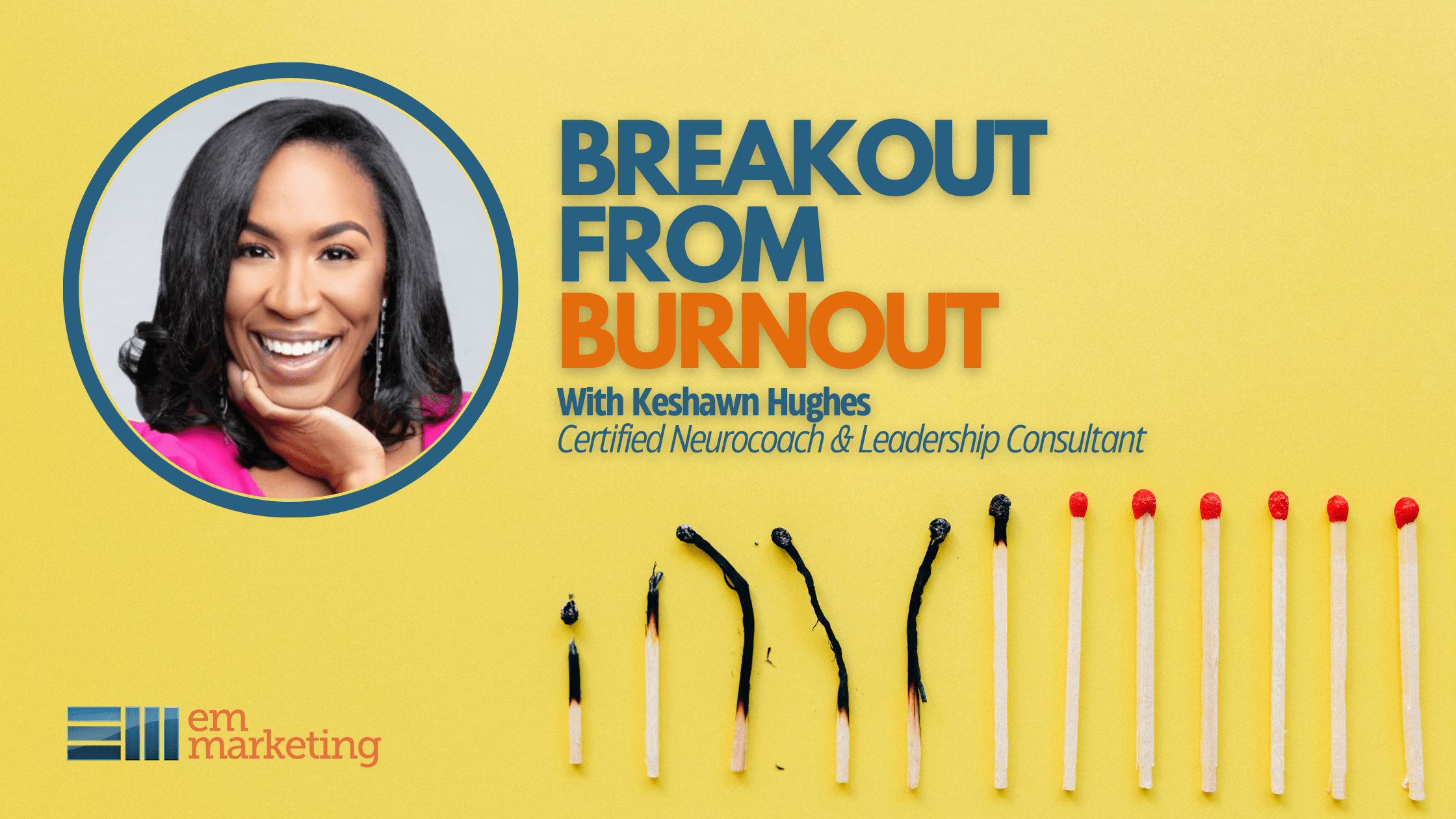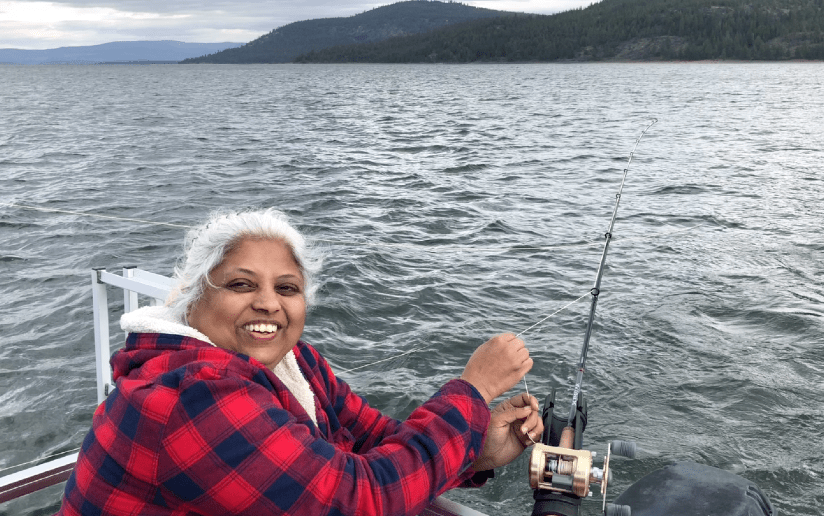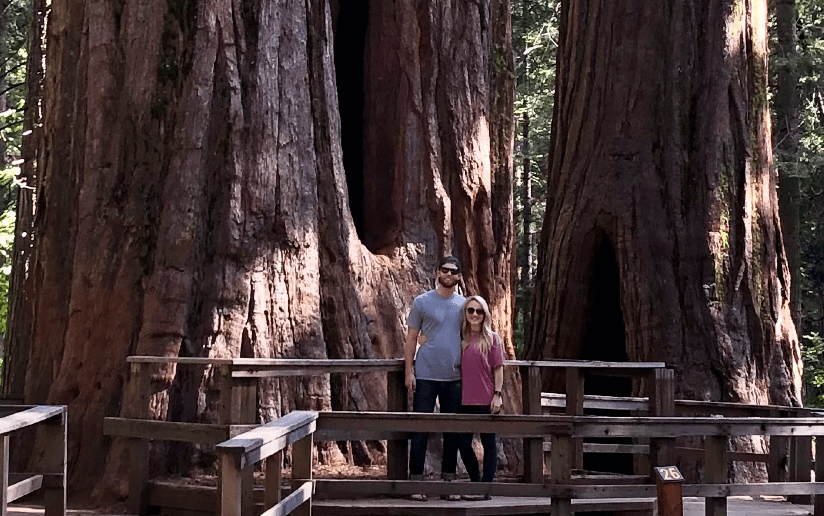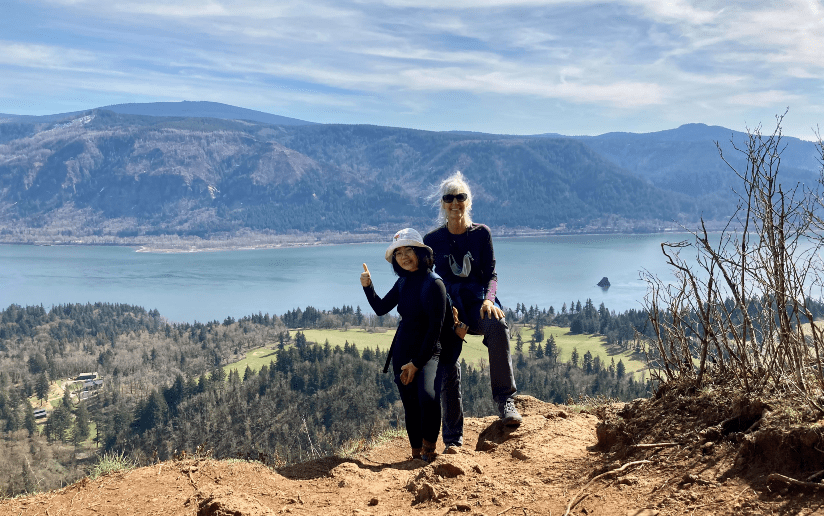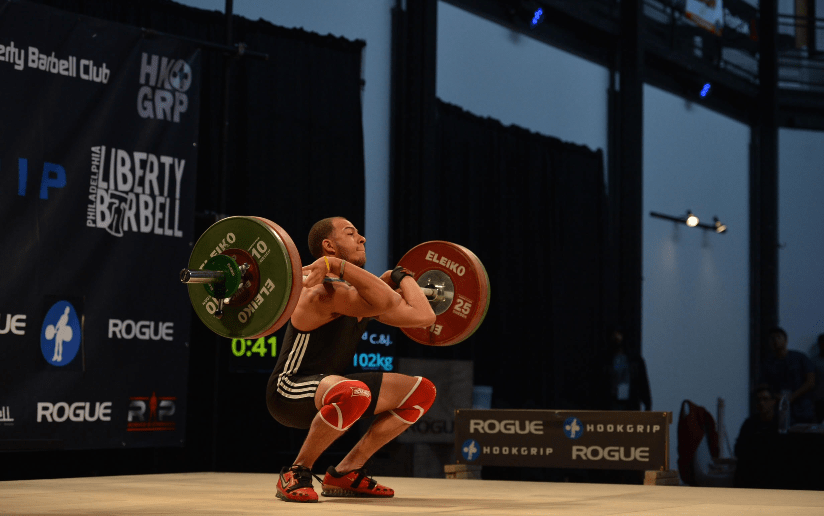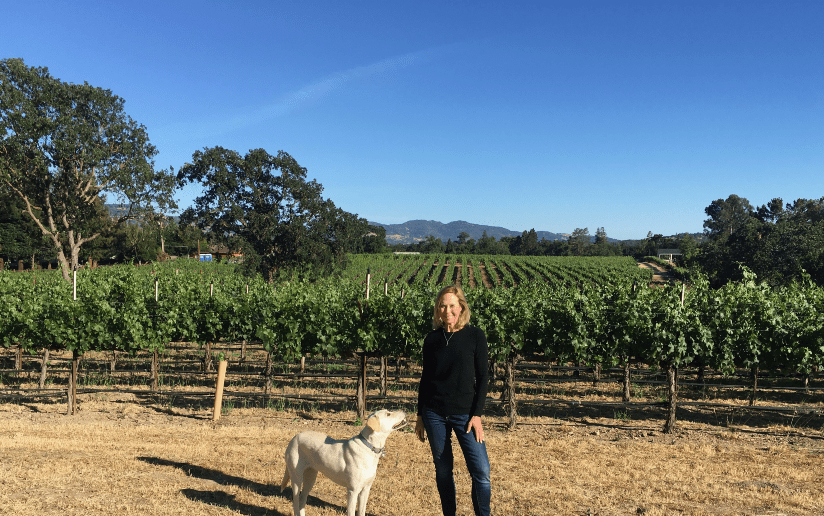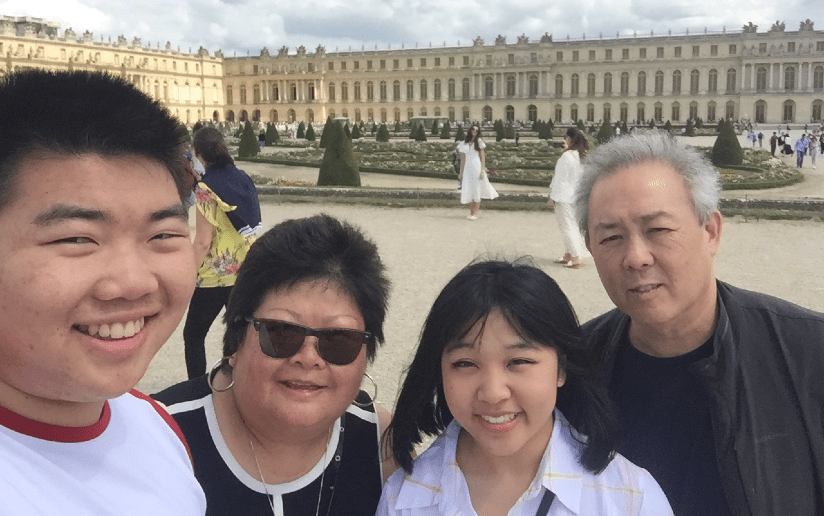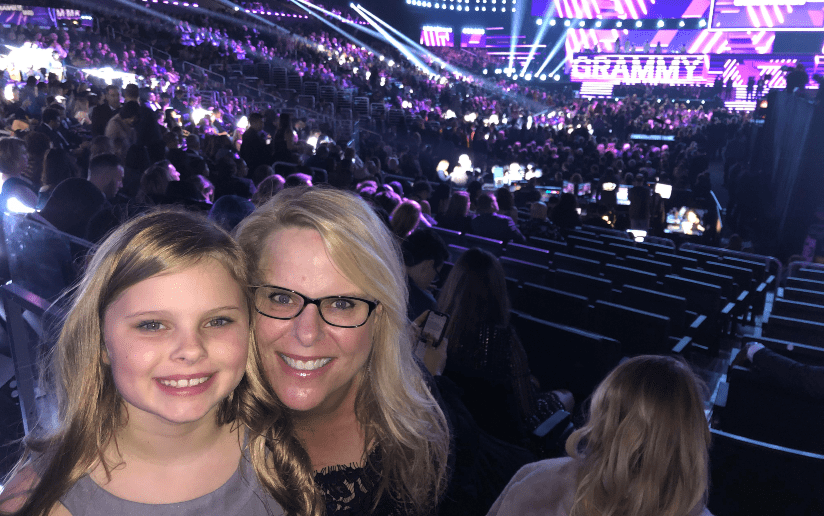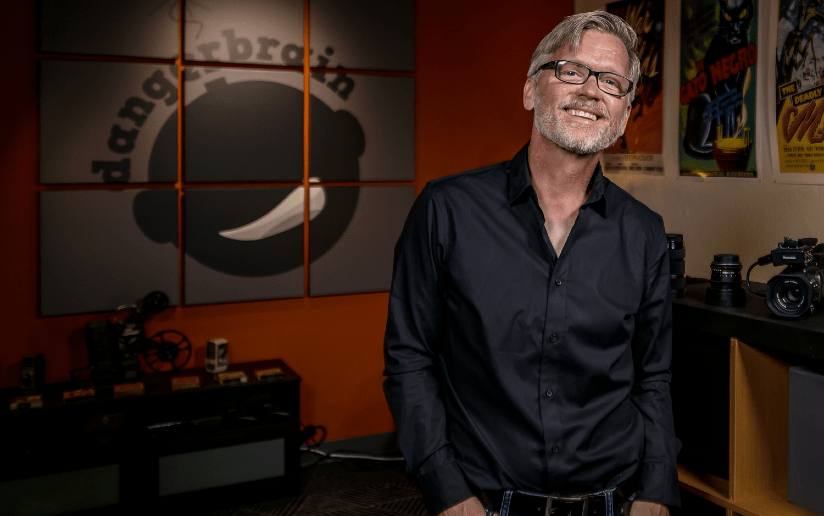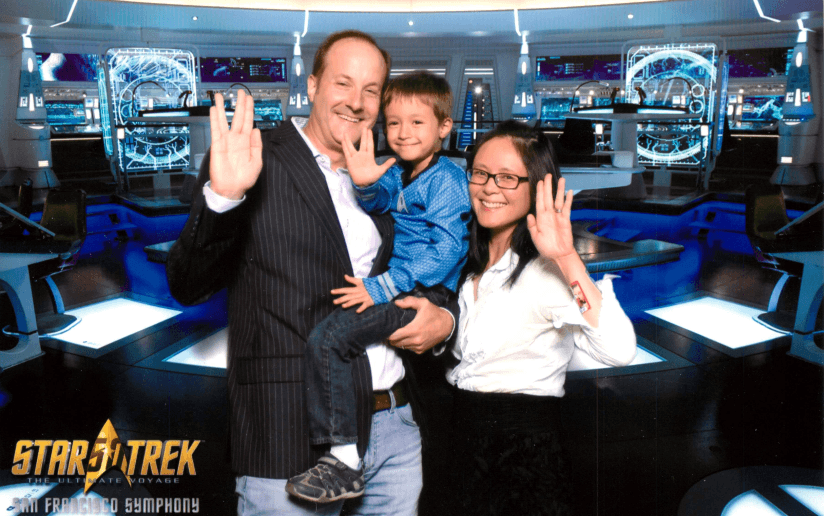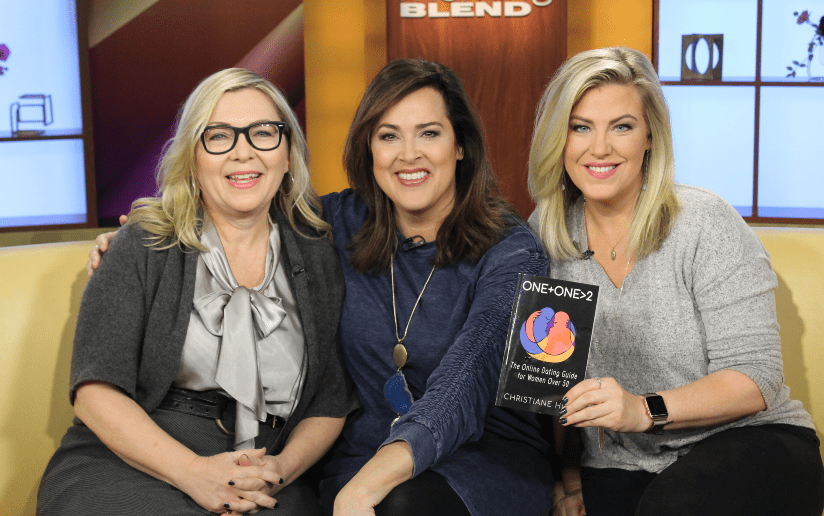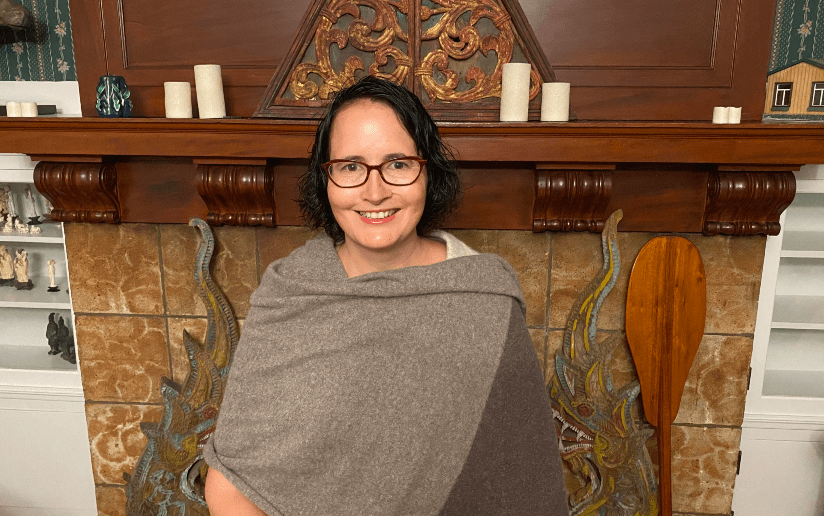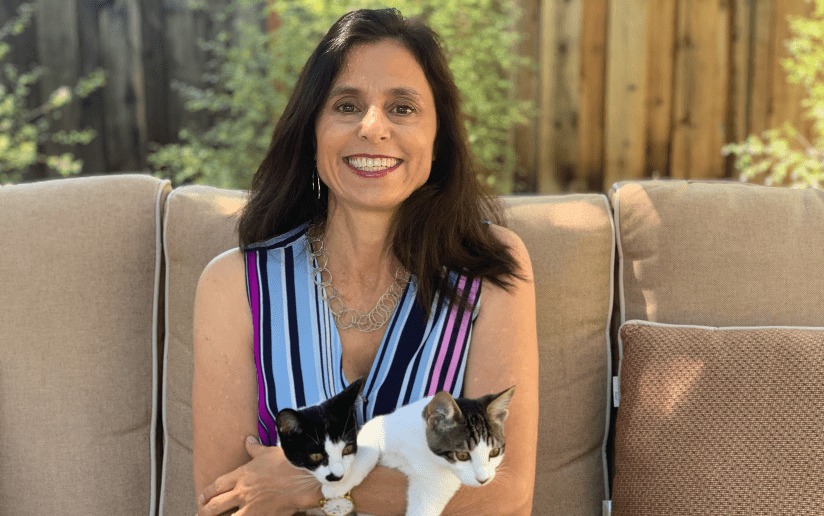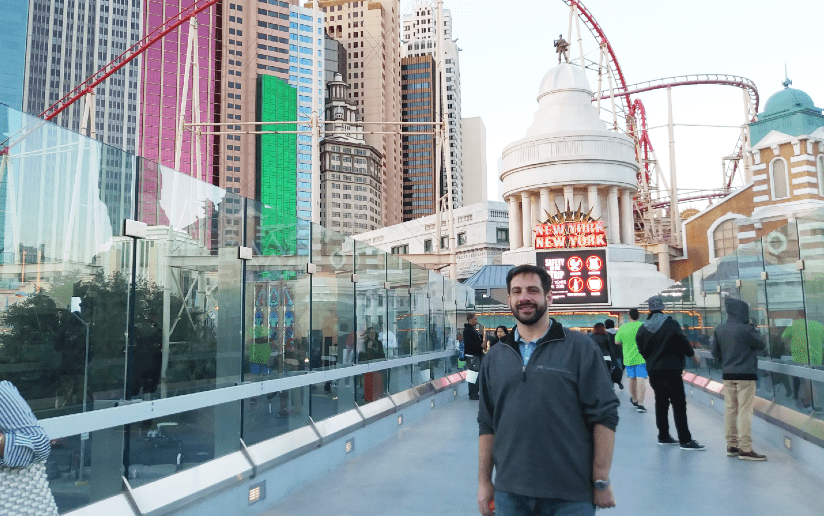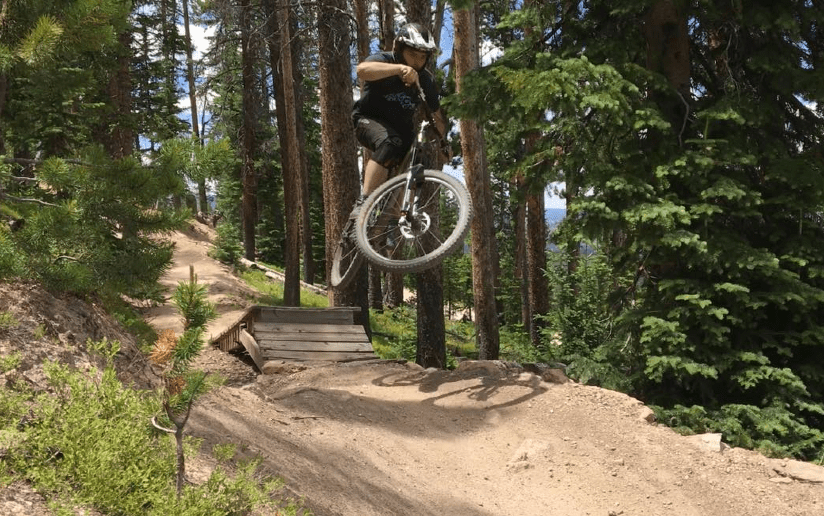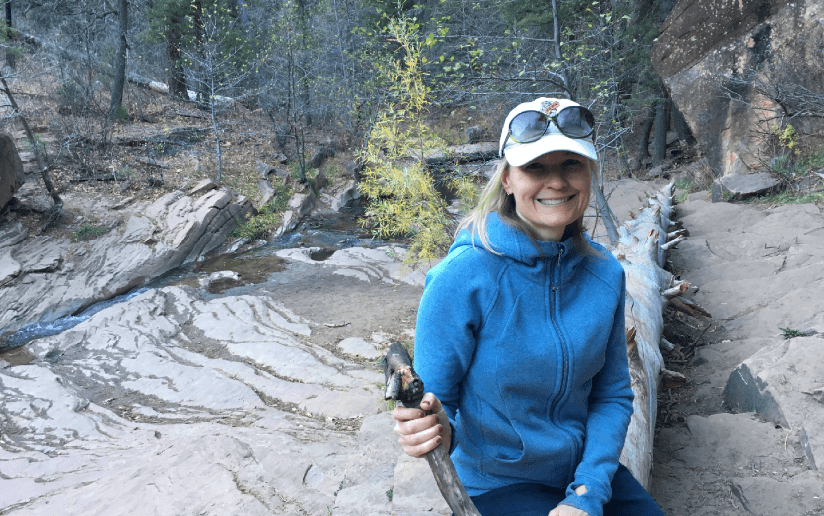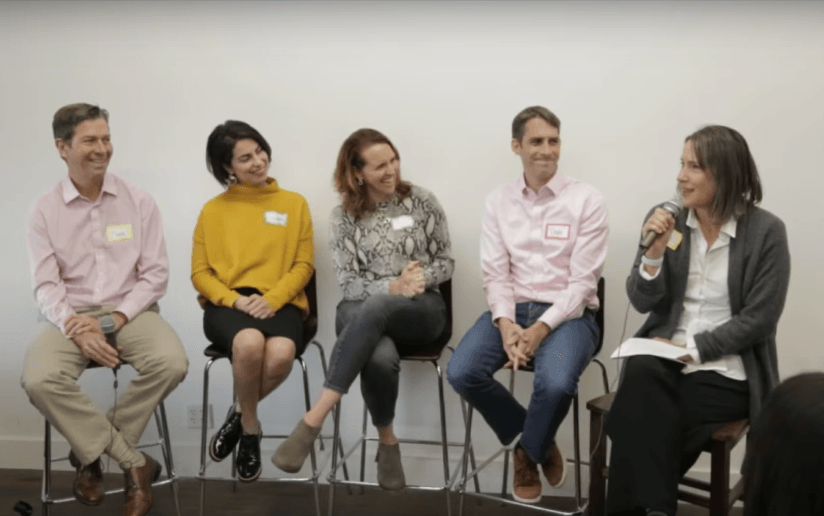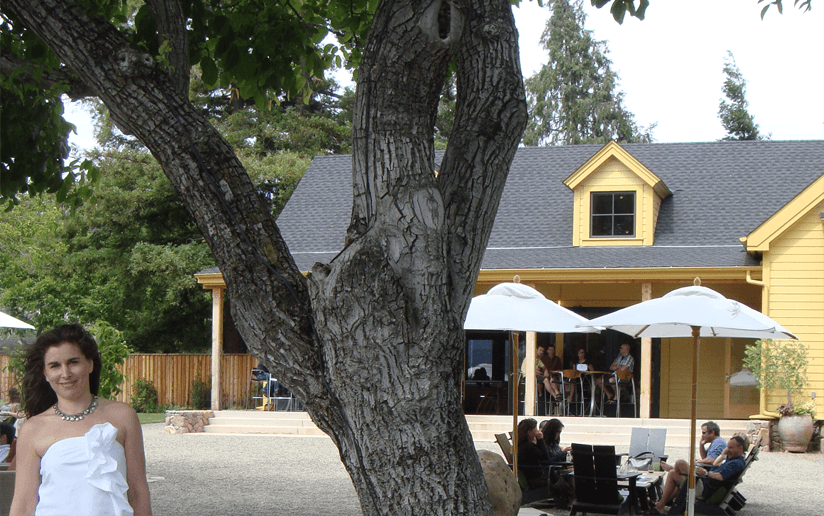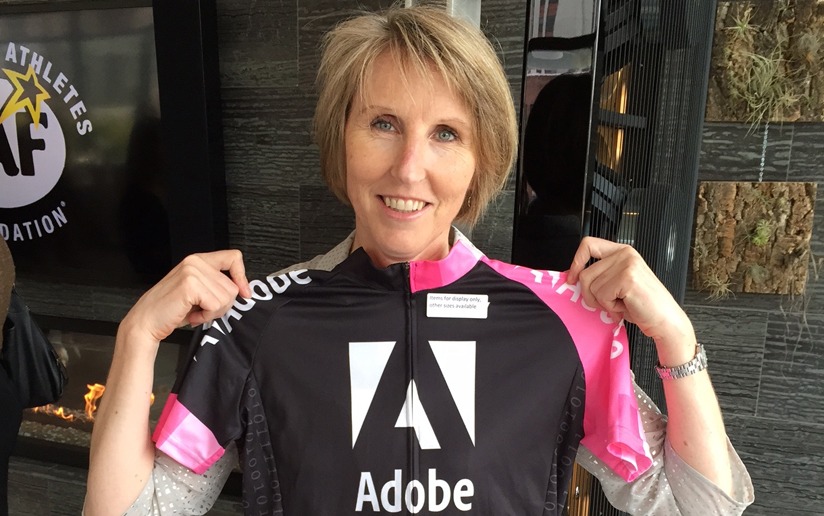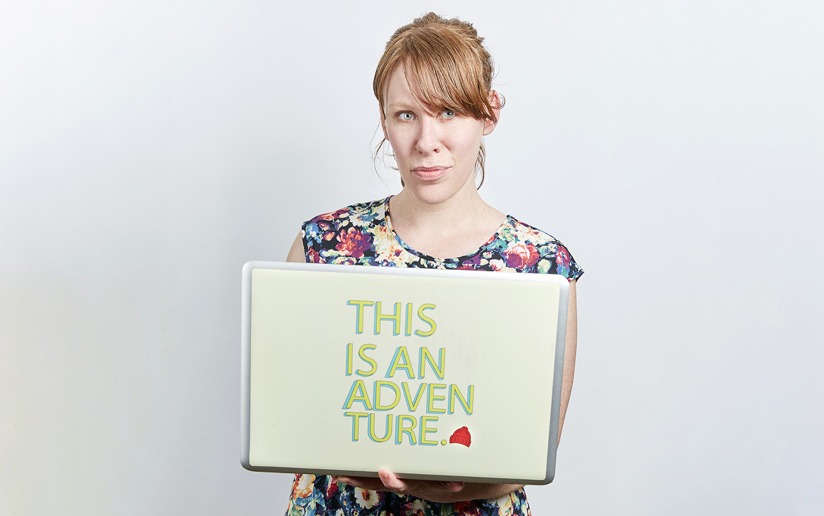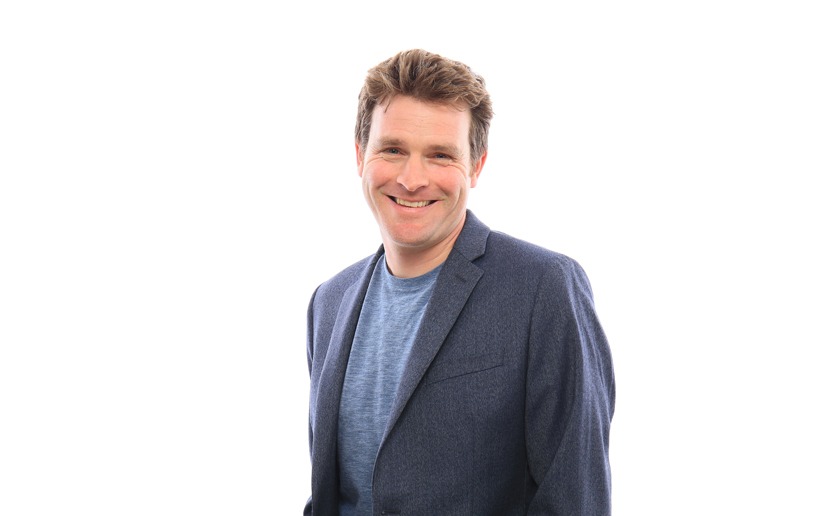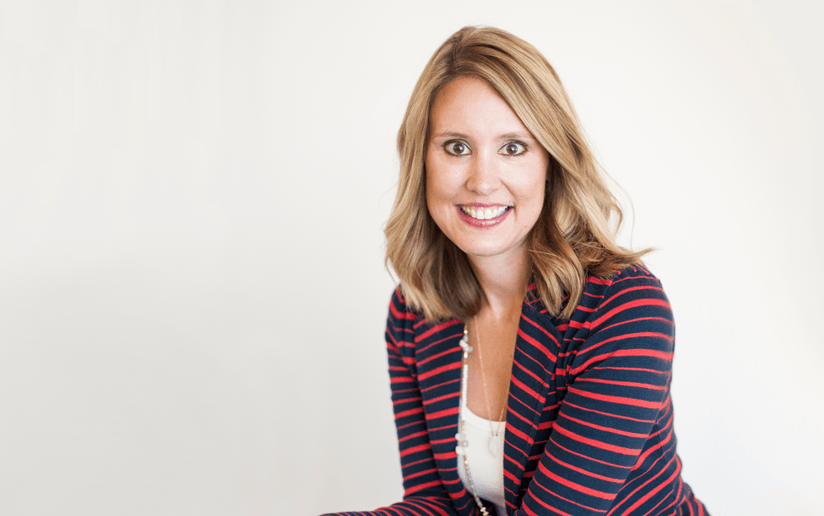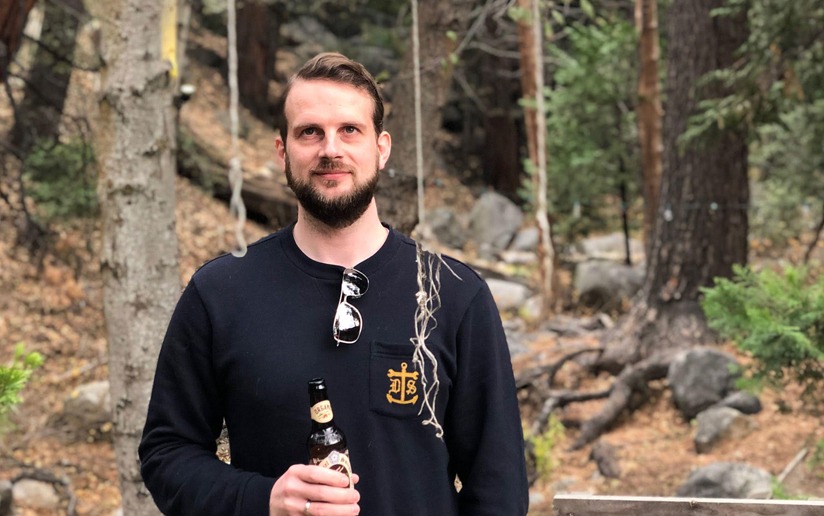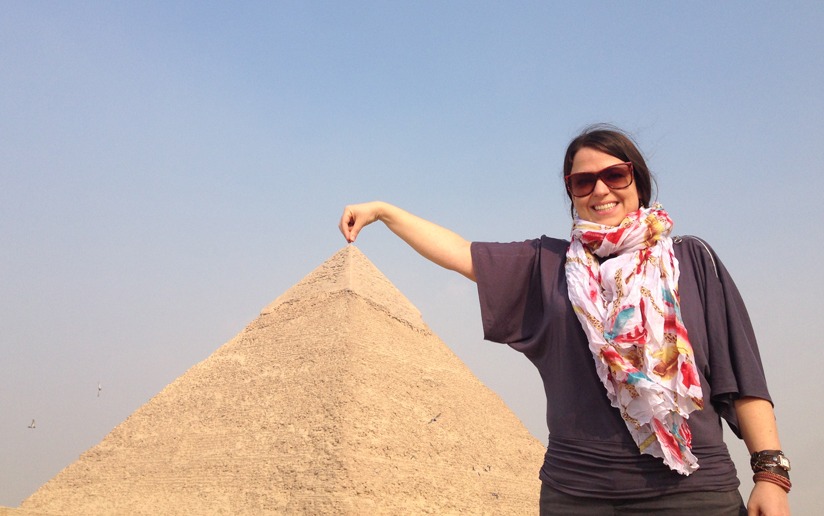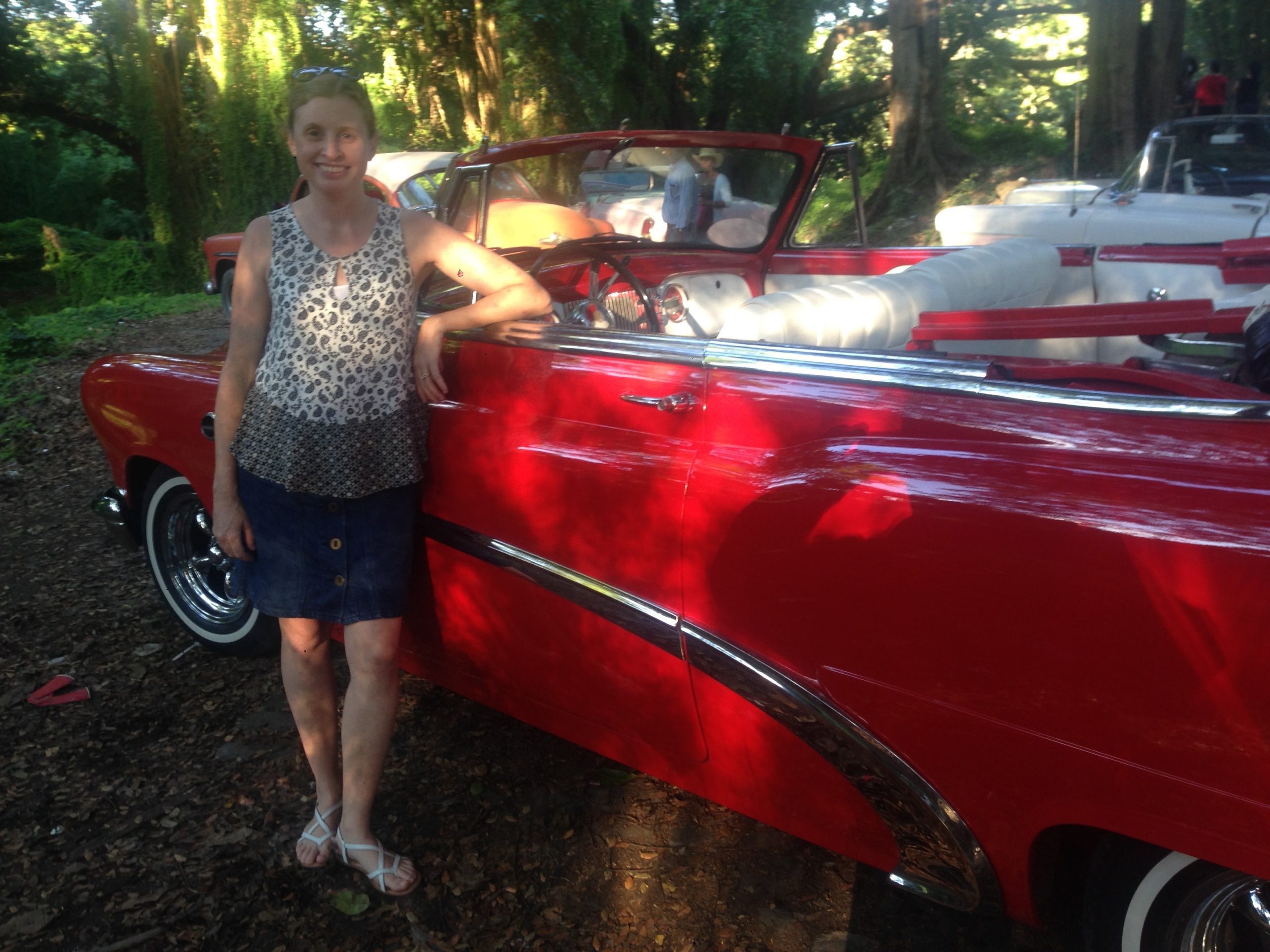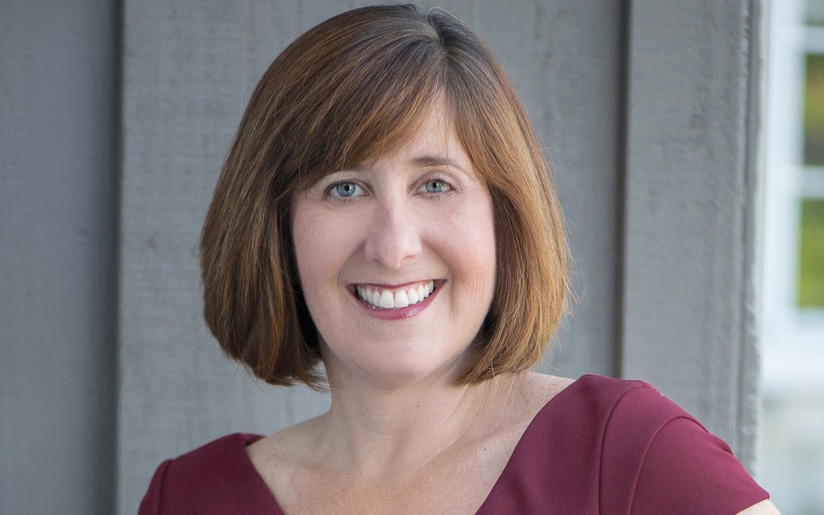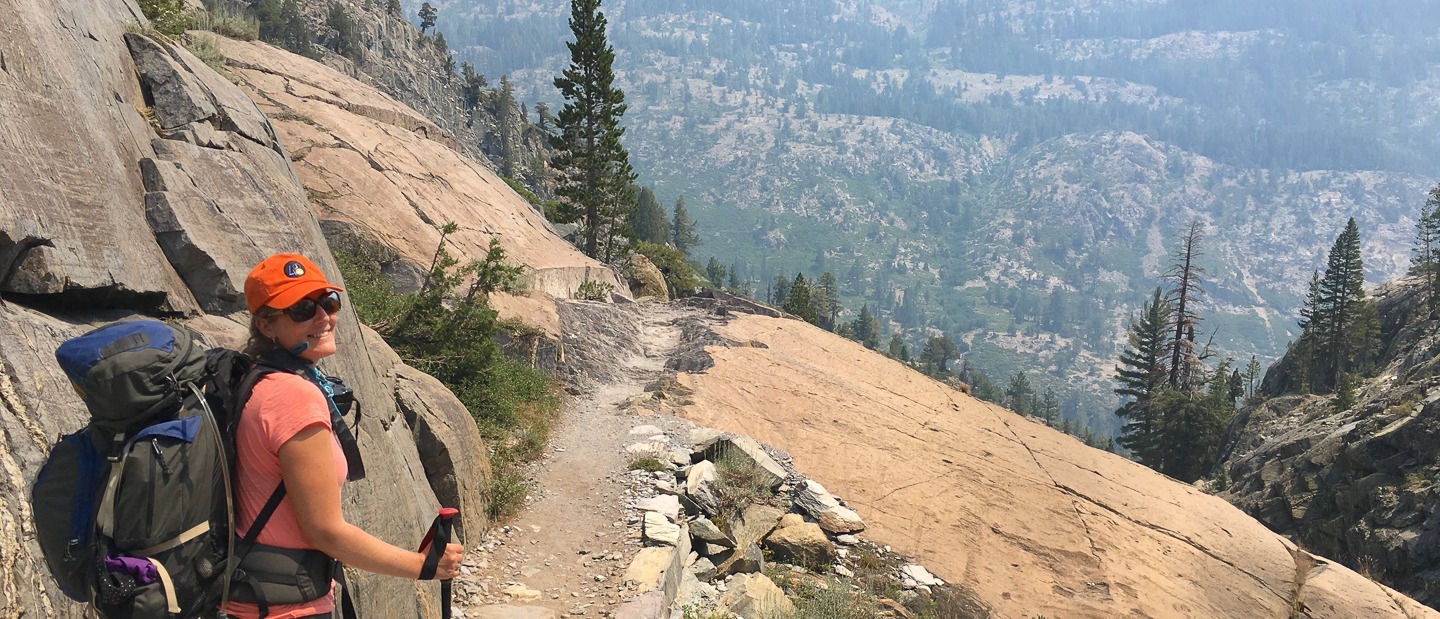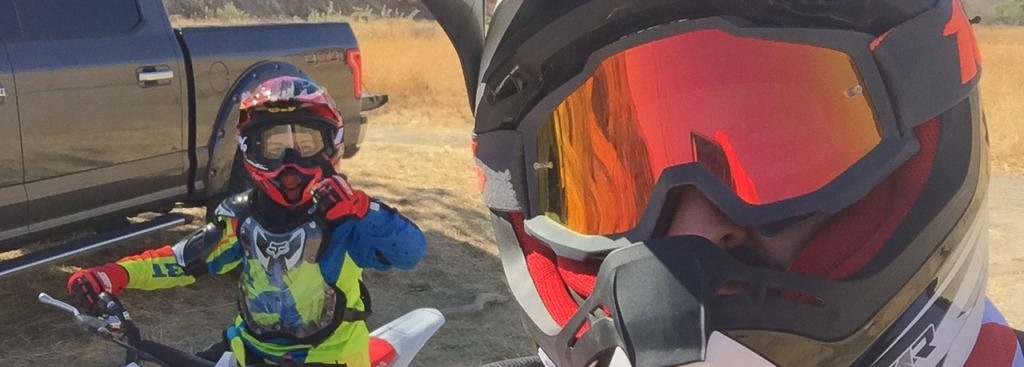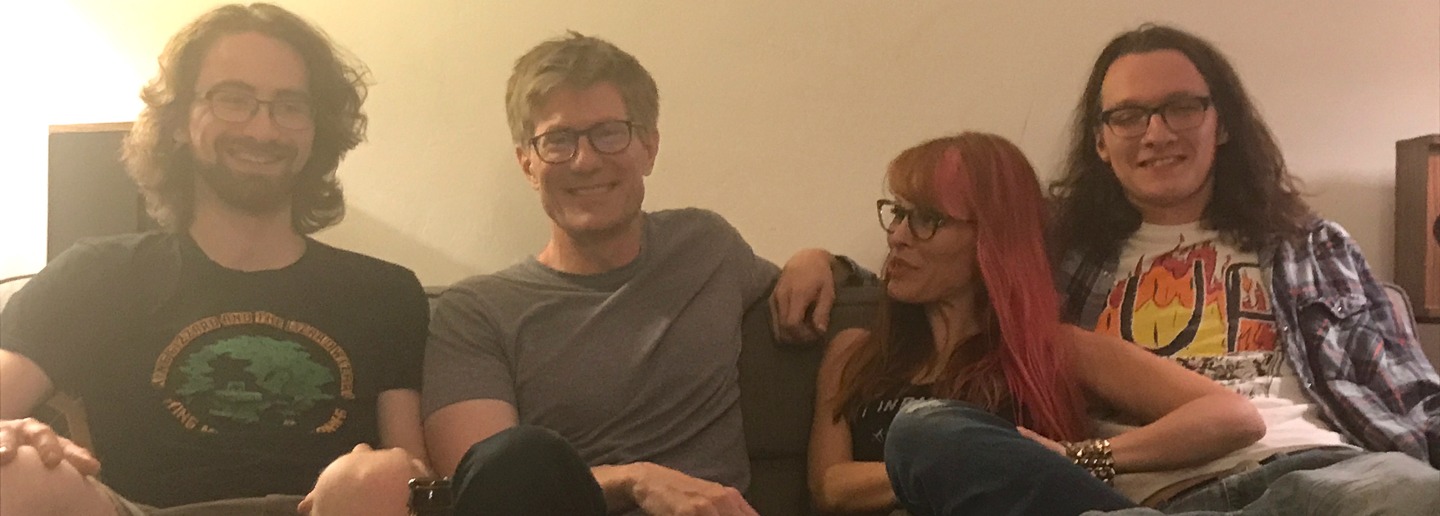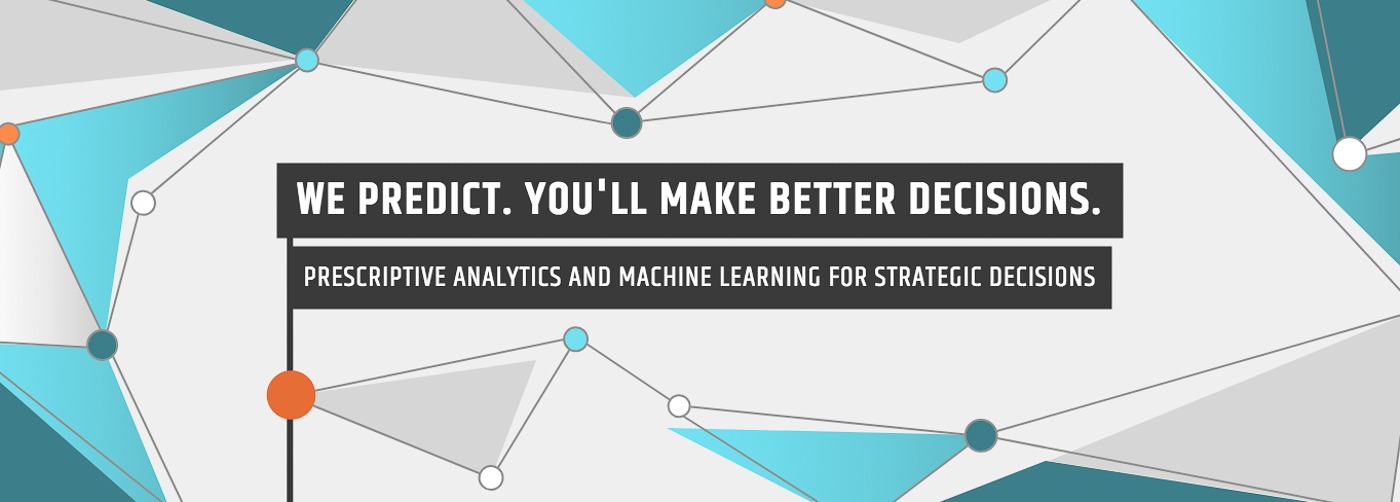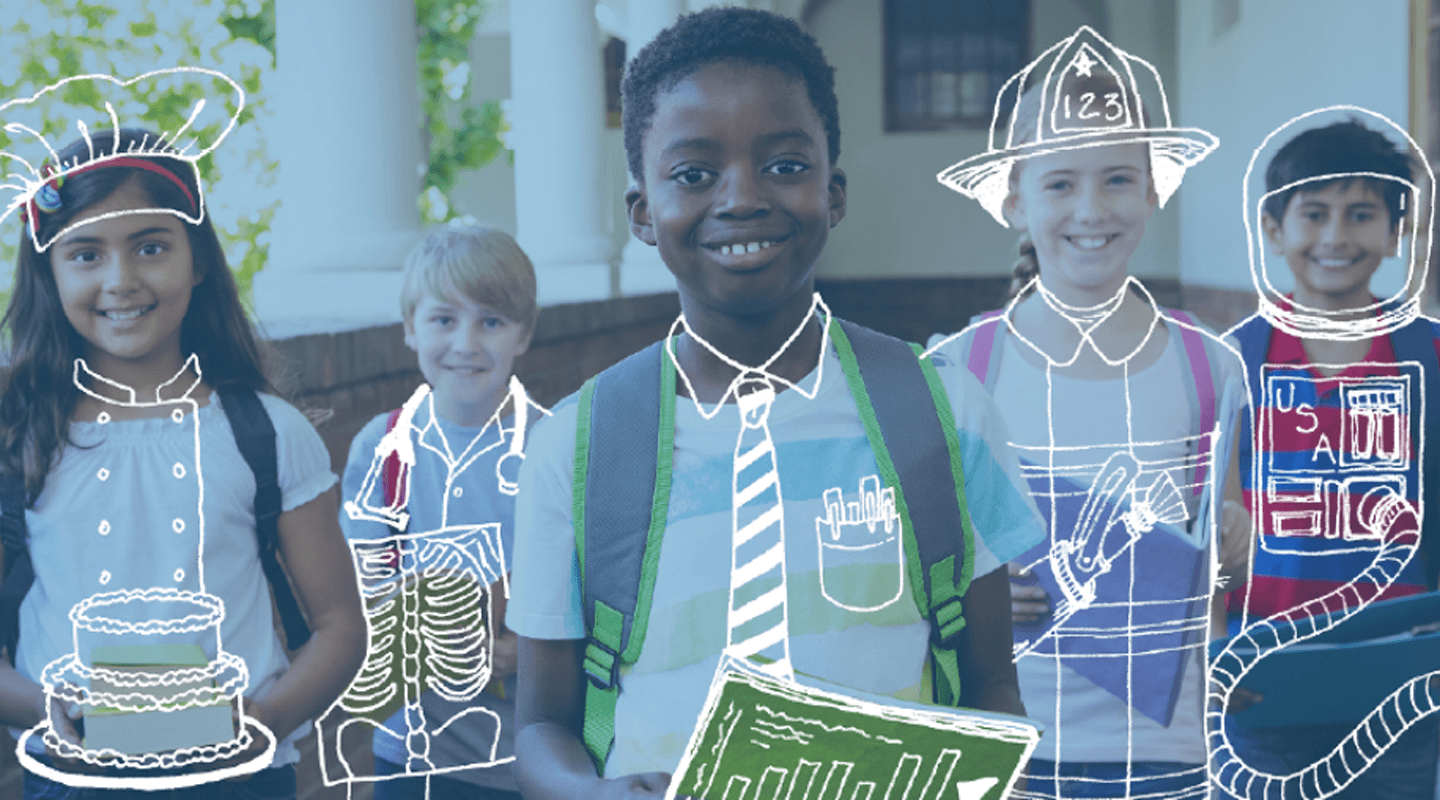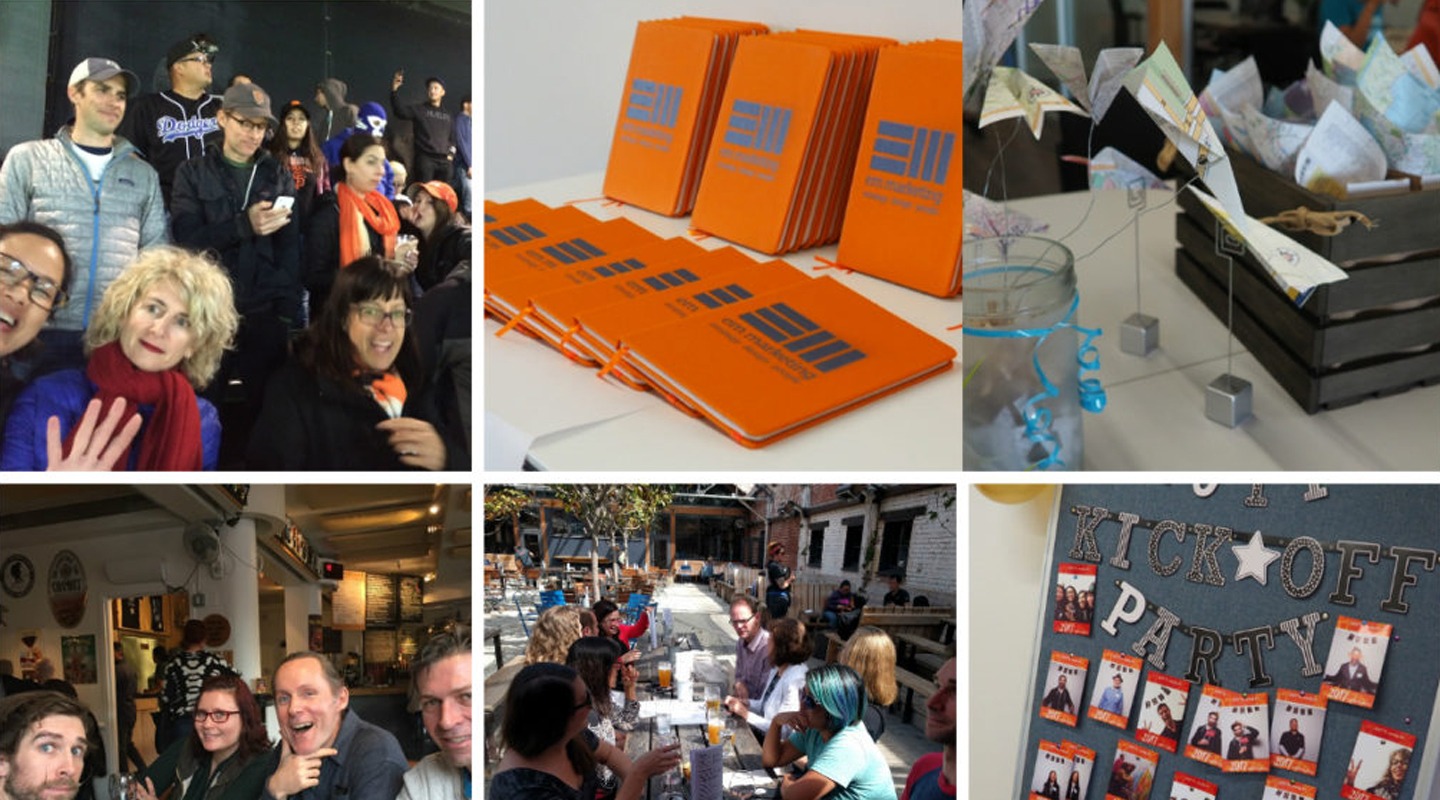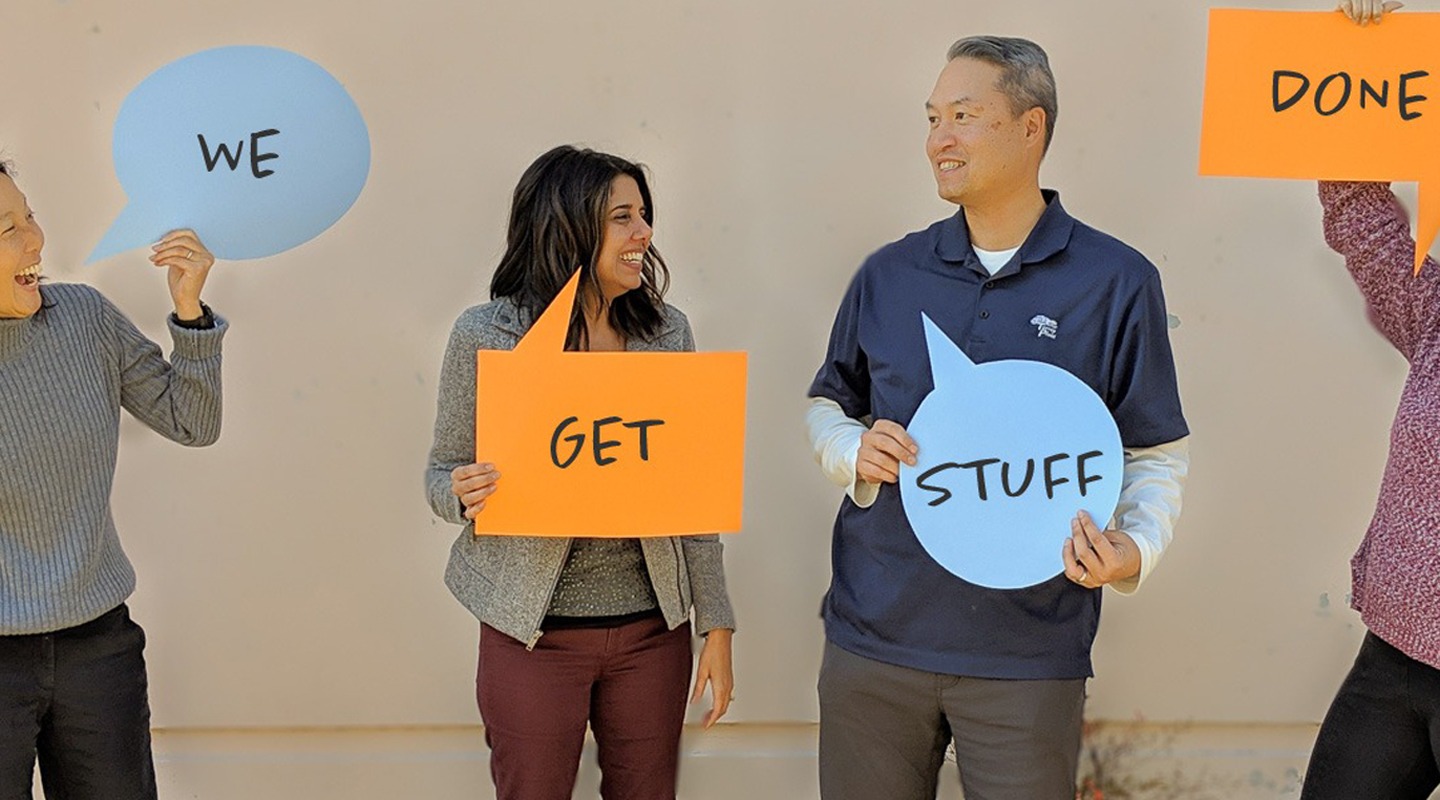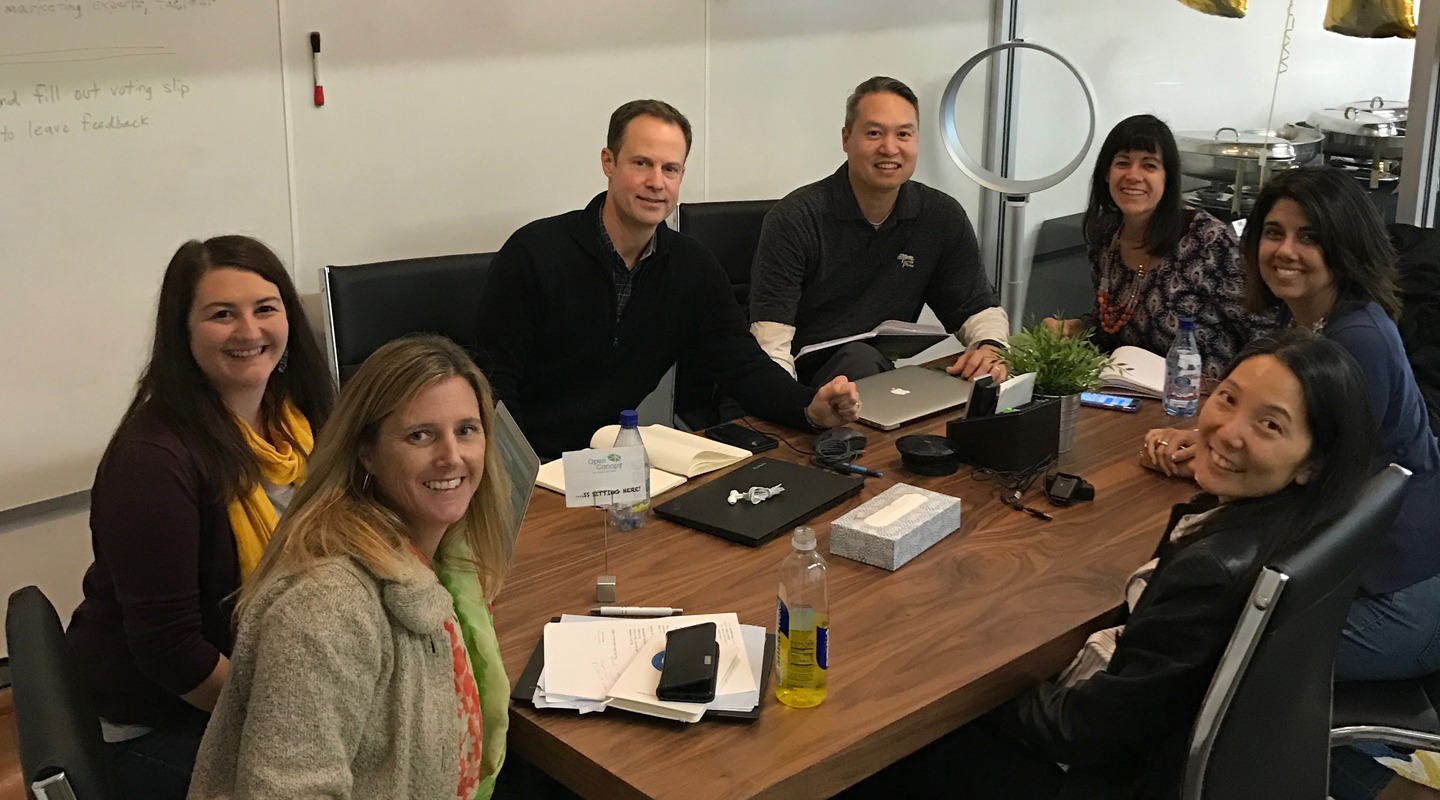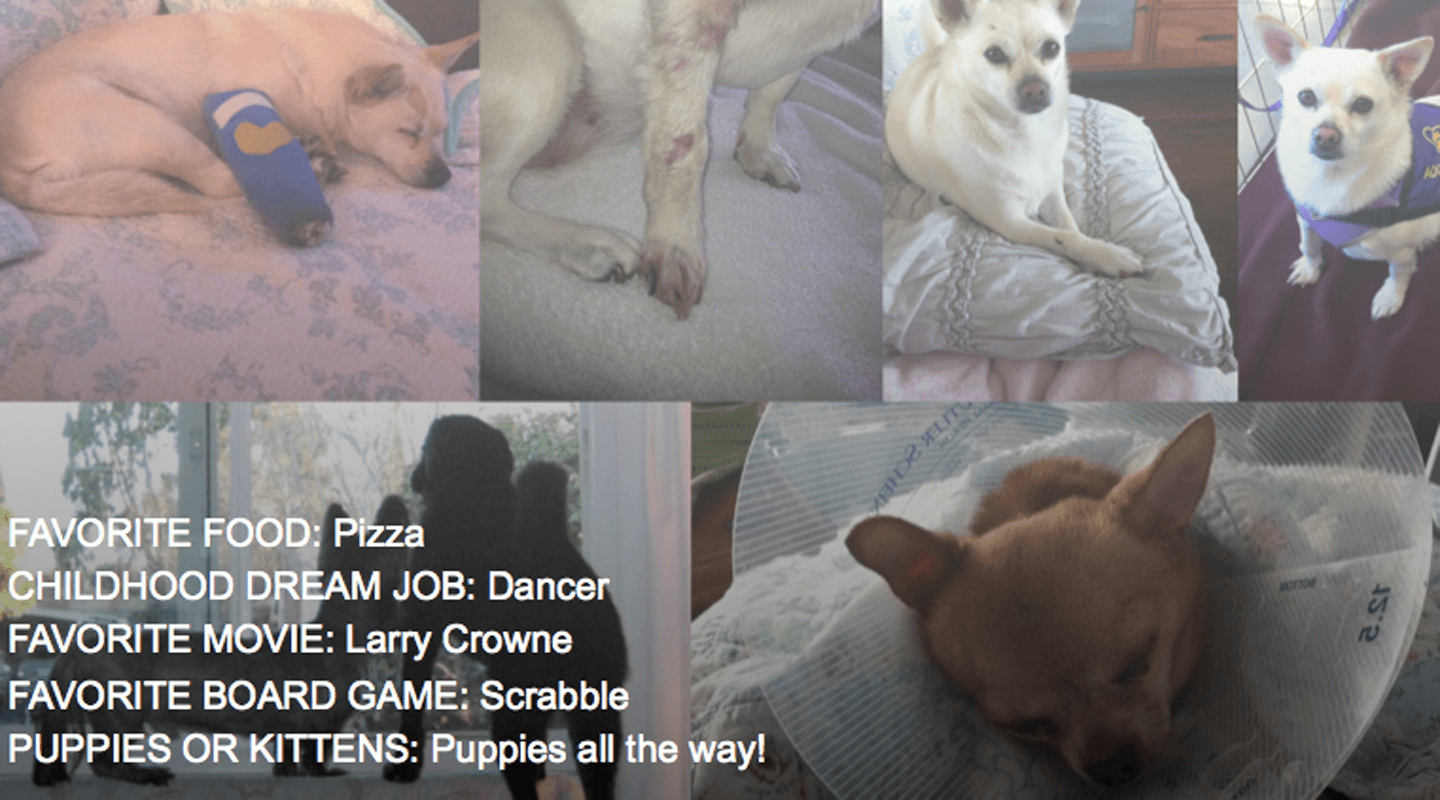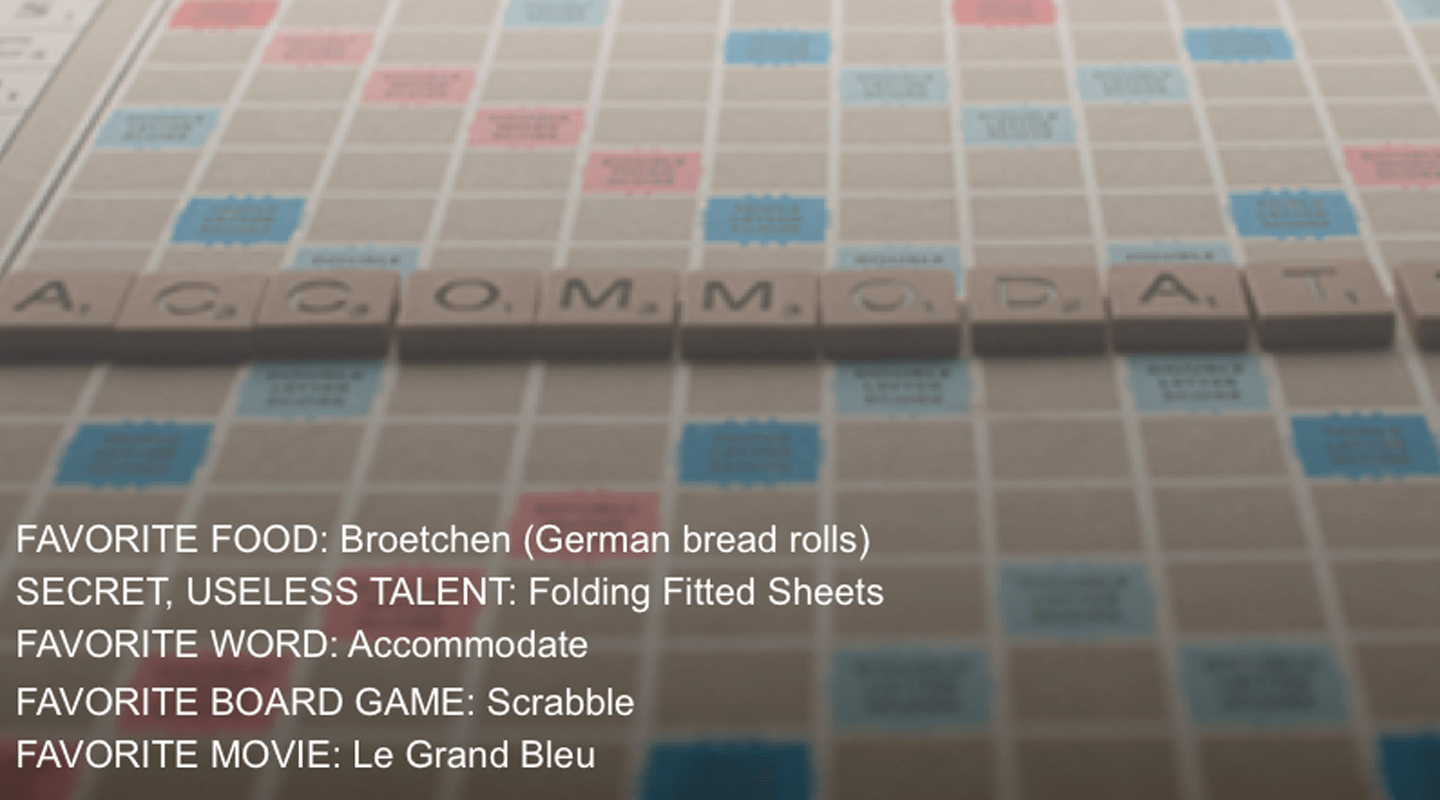
Marketing and Making Music: Meet Mike Boxer
July Consultant of the Month
What are you currently working on?
Mike’s Keys to Success
- Using consulting gigs between “day jobs”
- Maintaining his passion for music
- Seizing a ripe opportunity in the music industry
- Realizing professional fulfillment in multiple ways
I work in email marketing and automation at Clover, helping them streamline their operations and transition to a new, more robust platform. We’re at the tail end of setting that up, but there is a day-to-day production aspect to it that exists indefinitely and I hope it turns into a full time role.
Why did you decide to become a consultant?
I started out as a consultant at JP Morgan several years ago. They later hired me full time, which is what I had worked towards – it had the right job description and benefits.
When I found myself looking for the next chapter, I was very nervous because this time around I had a couple of mouths to feed. I was open to a consulting engagement if the situation was right, and I saw the Clover posting by EM Marketing.
What path did you take to becoming a consultant?
Before I’m anything else, I’m a musician. I will never be able to get that out of my system. But it doesn’t pay all of the bills. My doting Jewish parents always urged me to have a vocation, and do music on the side. Pursuing that dual path has worked out well for me.
When I graduated from college, it was right after 9/11 and the job market wasn’t great. I decided to get an MBA to open up more doors. But, my heart wasn’t really in it. So I joined a program to begin teaching music in the inner city while working on a master’s degree in education.
Most teachers didn’t stay on longer than a year. With many of the kids enduring the toughest of circumstances, and some seeing no point in aspiring to academic success, just getting them to let their guard down, trust each other and sing together as an ensemble was a victory in and of itself. I lasted a year and a half.
I was then recruited to my first real business job at a small, niche, nonprofit, music publishing company operating as part of the Union for Reform Judaism. Philanthropy was hit hard by the recession in 2008, and a second round of layoffs a few years later marked the end of my tenure there.
LinkedIn was a new concept for me, but that was my introduction to networking and how you get a job today. I was fortunate enough to find my way into the consulting role at J.P. Morgan with what was at the time a fledgling digital marketing team. Eventually, I carved out a place for myself doing analytics and reporting, but they wanted to hire an experienced analytics person to grow the team. Someone else took me under her wing and moved me into email marketing full time.
The first time I looked for a job, it took me six months or more. Eight years later when I found myself in the same situation, it took me a month and a half. The difference was, I had better corporate experience with the J.P. Morgan name on my pedigree. I took a different approach in my search by seeking out roles specific to my strongest experience and core competencies. Not just email marketing, but the platforms that I knew.

What are the things you like to do when the work slows down?
I run Six13, a Jewish a cappella group. In college, I did a lot of arranging and directing for my a cappella group, and my friends developed a respect for my talent. After they all graduated, they wanted me to put a group together.
For Jews of certain religious traditions, part of keeping the Sabbath means refraining from certain activities, like the operation of electronics and the playing of instruments – which means that for celebrations taking place on the Sabbath day around things like weddings and bar mitzvahs, a cappella groups are the only bands that can be hired to perform. Some also follow rabbinical interpretations that one should not listen to music with instruments during a solemn, 49-day period leading up to the holiday of Shavuot called Sefirat HaOmer. That makes for something of a built-in captive audience for a group like ours, and ensures that any new a cappella album release around that time is almost guaranteed success.
It’s a very niche market, and a great opportunity for a cappella musicians. A lot of my energy is spent on the business side of it, but there’s plenty to keep me busy on the creative end as well, and I find both “lines of work” deeply satisfying. I’ve been playing and making music since I could talk, but thanks to Six13 I’ve been doing it professionally for the last 18 years and it’s led to some of the greatest experiences of my life. I love it, and I plan on keeping music a part of my life as long as I can in one way or another.
What’s one tip you would give to new consultants?
There is profound satisfaction in a job well done, regardless of what it is. Putting together a musical arrangement for me is a great feeling, but it’s not the only thing that brings me professional fulfillment and pride. It’s important to recognize and take note of what you find fulfilling. It may not even occur to you as a possibility until it actually happens.
